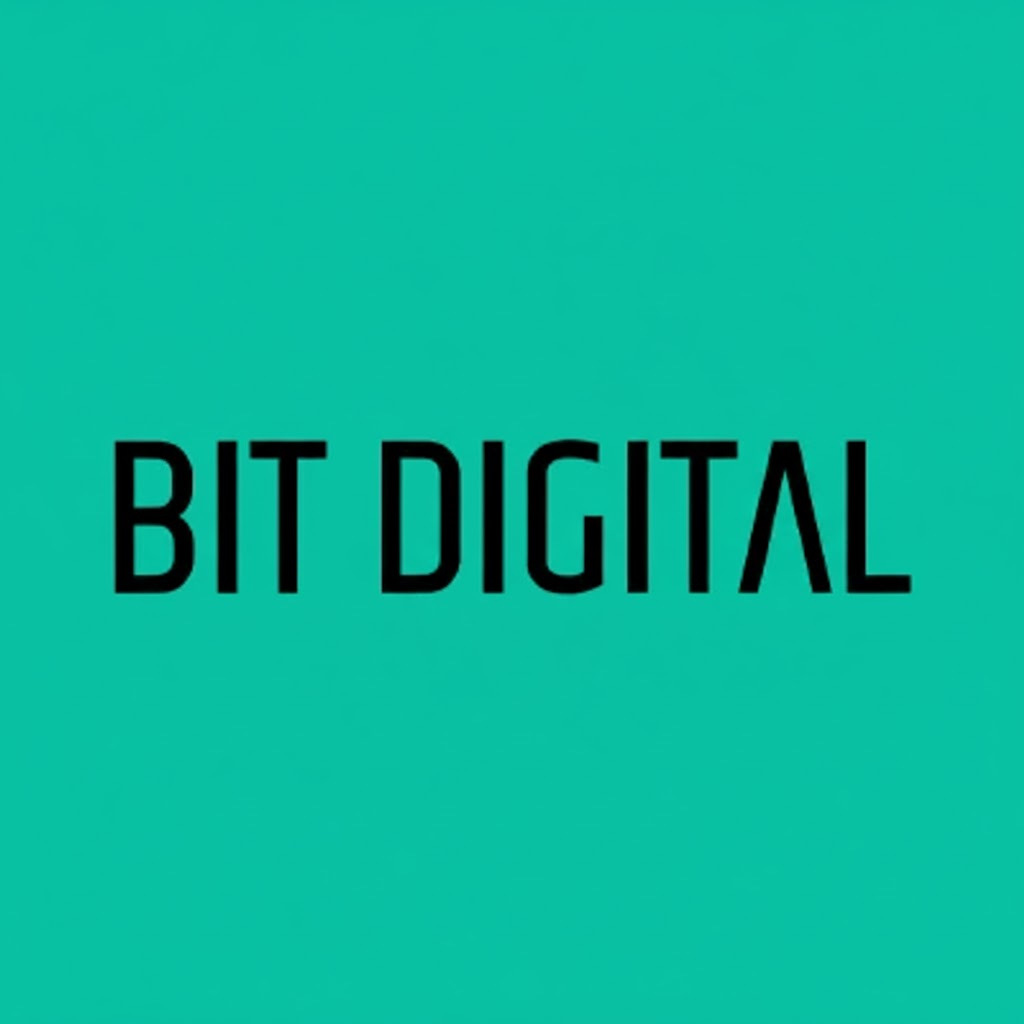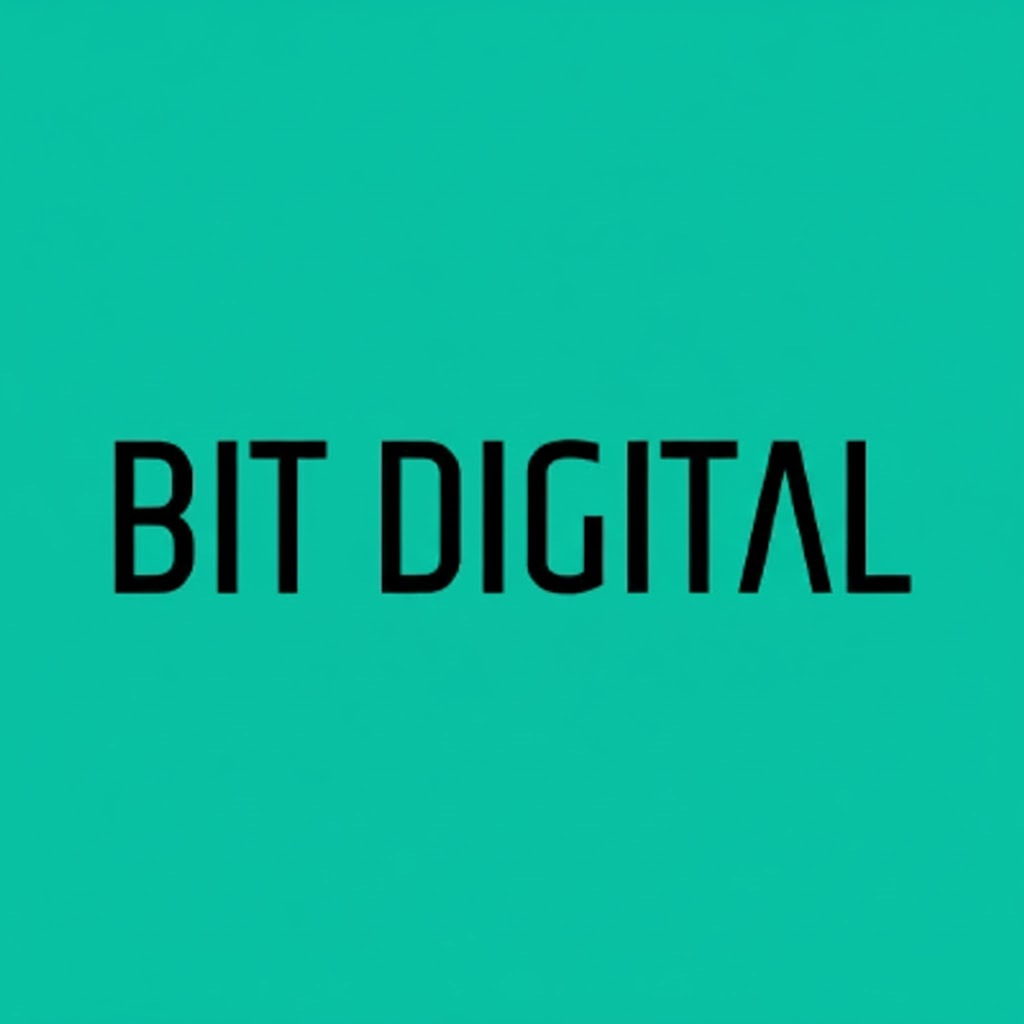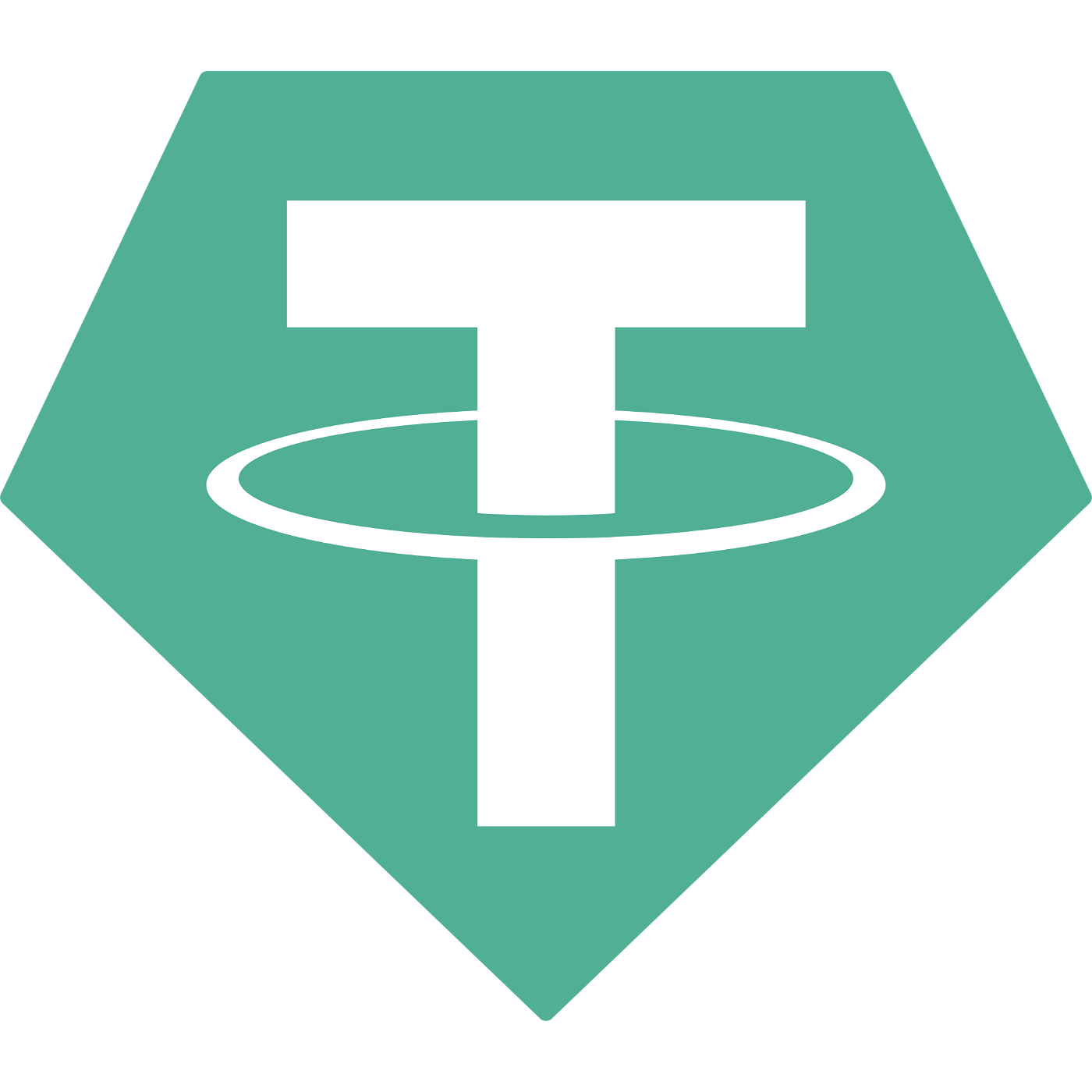
Subscribe to Bankless or sign in
Dear Bankless Nation,
![]() Ledger had a disastrous week, and it isn't clear whether users are going to forgive and forget.
Ledger had a disastrous week, and it isn't clear whether users are going to forgive and forget.
For our weekly recap, we dig into:
- Ledger's PR disaster
- Congress wants
 OpenAI to regulate AI
OpenAI to regulate AI - Worldcoin launches App
 Dogecoin releases DRC-20
Dogecoin releases DRC-20- CBDCs banned in Florida
- Bankless team
📅 Weekly Recap
1. Ledger's PR disaster
This week, Ledger found itself embroiled in a brutal PR crisis after announcing its social recovery service, Ledger Recover.
Ledger Recover is an optional, subscription-based service that acts as a backup for users who lose their private keys. Recover splits your private key into three encrypted pieces to be sent through “secure channels” to three different custodial entities, one of which is Ledger themselves. For the full private key to be restored, all three shards are needed.
Drama ensued when critics perceived this as a preinstalled 'backdoor' on Ledger devices, seemingly contradicting years of Ledger marketing messaging that the private keys of users could never be exposed.
In an attempt to dissuade user discontent, Ledger seemed to make it worse by telling users “you have always trusted Ledger not to deploy such firmware whether you knew it or not”. Co-founder and previous CEO of Ledger Éric Larchevêque cited the episode as a “total PR failure, but absolutely not a technical one”.
So are Ledger wallets safe? The gist of it is: yes they seem to be. But Ledger's fiasco this week showcased that users still have to place some trust in the company.
For all the details, see the full Bankless episode with Ledger CTO Charles Guillemet.
2. Congress wants OpenAI to regulate AI
OpenAI CEO  Sam Altman was dragged before Congress this week.
Sam Altman was dragged before Congress this week.
Artificial intelligence threatens to displace the job market, and lawmakers on the Senate Judiciary subcommittee on Privacy, Technology and the Law want to know how OpenAI plans to self-regulate artificial intelligence.
CEO of OpenAI, Sam Altman's worst AI fear...👀 pic.twitter.com/0gN6agSYdJ
— Bankless (@BanklessHQ) May 16, 2023
Altman acknowledged that AI technology could “go quite wrong”, that there will be an impact on the labor market, that it could erode democratic institutions through targeted misinformation during elections, but that he wants to “work with the government to prevent that from happening”.
He recommended a new regulatory agency to be formed to regulate and license AI companies and said that OpenAI should be independently audited.
Senators in the subcommittee raised the need for new laws so OpenAI could more easily be sued. Senator Richard Blumenthal said that an AI-dominated future "is not necessarily the future that we want".
3. Worldcoin launches App
Worldcoin, the digital identity project by ChatGPT co-founder Sam Altman, widely launched its World App crypto wallet this past week. The app already boasts 1.6 million registered users, of which 500K are active users.
World App hosts an open source and self-custodial wallet, as well as World ID, a digital identity authenticator for users to sign into websites or crypto dapps, claim UBI-like “Worldcoin Grants,” and send crypto.
The app was built on ![]() Polygon but recently committed to migrating to Optimism’s OP Stack.
Polygon but recently committed to migrating to Optimism’s OP Stack.
introducing World App
— tiago sada (@tiagosada) May 8, 2023
the first wallet for the @worldcoin ecosystem pic.twitter.com/hJYJS6yBz2
4. Dogecoin releases DRC-20
When you’ve successfully launched an enduring memecoin and secured the backing of Elon Musk, the next logical thing to do is… make more memecoins.
Taking notes from Bitcoin’s success with the Ordinals protocol, Dogecoin developers introduced their own DRC-20 fungible token standard this week, paving the way for a potential DeFi ecosystem to be built on top of it.
Transaction volumes on the chain immediately pumped to all-time-highs of 1.1 million transactions as of Wednesday, surpassing ![]() Bitcoin and Litecoin chains.
Bitcoin and Litecoin chains.
Not everyone is behind it though. Some dogecoin loyalists are unhappy with how this may lead to higher fees, network congestion and dilution of Dogecoin’s true purpose of being used as money.
Dogecoin just needs to be the people's currency to complete Satoru Nakamoto's vision, and no shit is needed. The DRC20 Dogecoin community should stop this shameless hype.
— 狗不理大叔Doge1# (@938433911) May 15, 2023
5. CBDCs banned in Florida
Florida Governor and expected 2024 presidential candidate Ron DeSantis has signed a bill banning the government’s use of a central bank digital currency (CBDC) in the state.
Casting CBDCs as “Big Brother’s Digital Dollar,” DeSantis has heavily embraced a pro-crypto policy platform that rejects CBDCs as an authoritarian tool that governments can use to curtail the financial freedom of Americans.
Florida Bans a Central Bank Digital Currency https://t.co/S8UfWrLZyc
— Ron DeSantis (@GovRonDeSantis) May 12, 2023
📺 Bankless Weekly Rollup
Other news:
 Optimism Bedrock is set to go live on June 6
Optimism Bedrock is set to go live on June 6- Axie Infinity rolls out its crypto game on the iOS App Store
- EU’s MiCA crypto regulation was just passed
- The SEC believes Filecoin’s FIL is a security
- Voyager cleared by New York Court to return $1.33 billion to customers
 Tether spends 15% of profits on Bitcoin for reserves
Tether spends 15% of profits on Bitcoin for reserves- Compound deploys on Arbitrum
- Bancor DAO faces a class-action lawsuit over its impermanent loss protection feature






